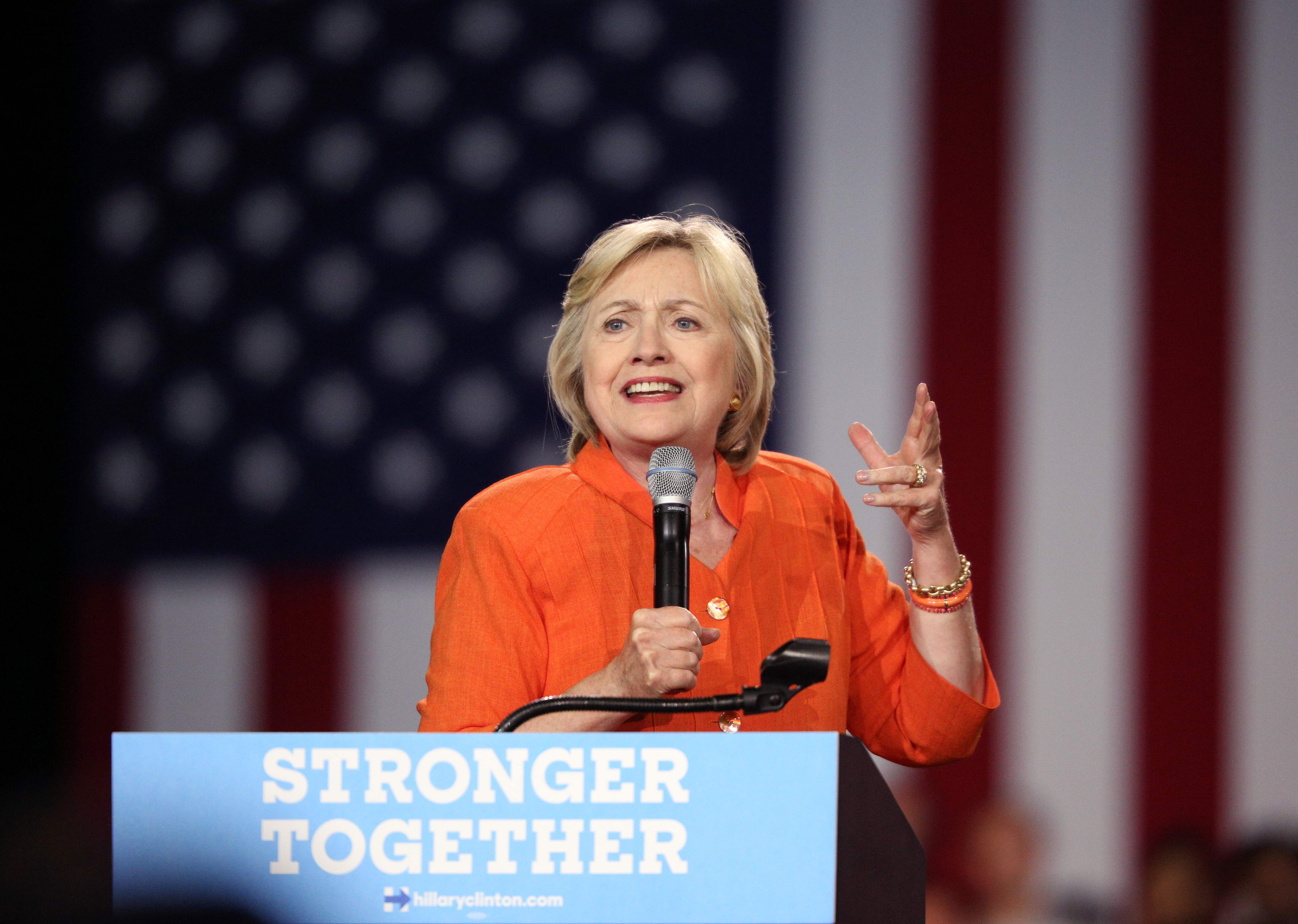
Hillary Clinton's campaign is not exactly the same thing as Hillary Clinton. The woman herself is a paragon of the establishment, a fixture of the last quarter century of American politics, an insider, familiar both as a political personality and as an experienced purveyor of political goods and services.
The campaign is that and something more.
The election of 2008 is viewed as an American watershed, the year the emerging majority of nonwhites first elected one of its own to the presidency. That's basically true. But the context matters. The incumbent party had made such a mess of things that the out-group, led by the most out-candidate in American history, suddenly had an inside track, aided by a financial collapse perfectly timed to benefit the outsider.
It could have been a fluke. David Dinkins was elected the first black mayor of New York City in 1989. But Dinkins's tenure was widely perceived as a failure. He lost his bid for re-election. New York, unlike the U.S., already has a nonwhite majority. Yet it hasn't elected a nonwhite mayor since Dinkins -- a hiatus of 27 years and counting.
The real test for Obama, and arguably the more decisive one, wasn't 2008. It was 2012. There were no bolts of political lightning aiding Obama's cause, just his own tenacity and talent and a coalition of unconfirmed strength and uncertain duration. Obama's 5-million-vote victory secured Obamacare, financial reform and his place in history. But it was the solidity of his coalition that ignited the panic that still rages across the GOP, resulting in the party ceding its presidential nomination to a political arsonist.
Clinton's campaign promises to be a consolidation of the Obama presidency. It is dependent on the Obama coalition, but it's also an extension of it. She has placed Hispanic immigrants at the center of the cause, promising she'll go beyond Obama's efforts in their behalf. And by its very existence, her campaign affirms and elevates women everywhere in a way that Obama's presidency could not.
This, of course, is derided as identity politics by people who can't quite grasp that the previous two centuries of American politics were also dominated by identity politics.
Economic anxieties and the loss of dignity associated with meaningful work are surely factors in Trumpian rage. But the grim tidings of the Trump campaign are also rooted in the racial identity and grievances of his core supporters. It is in part a lament for the erosion of racial privilege. There may be remedies for economic dislocation; there is no ready cure for racial resentment.
Meanwhile, blacks and Hispanics are telling pollsters that they're optimistic about the future even amid the turmoil of Black Lives Matter. Asians are amassing wealth. Women are breaking new political ground. Clinton is perceived by voters as more experienced and steadier than her male opponent, something inconceivable when Geraldine Ferraro became the first woman on a major-party ticket in 1984. Women donors, no longer in the background, are substantially powering her campaign.
In effect, Clinton is an insider candidate whose campaign is supported by outsiders eager not to destroy the system, but to make it work for them. It's a traditional, familiar political insurgency, powered by the yearnings of newly muscular constituencies.
This was the essence of Michelle Obama's speech at the Democratic convention in Philadelphia, a speech targeted at the heart and soul of the coalition that had twice elected her husband.
She spoke of Clinton as a politician with "the guts and the grace to keep coming back and putting those cracks in that highest and hardest glass ceiling until she finally breaks through, lifting all of us along with her."
Obama's presidency has been a landmark in the ever-expanding definition of "us." When the president speaks, as he often does, of the interminable work of perfecting the union, he is talking in part about perfecting, by expanding, the meaning of "us." The success of his presidency -- unemployment is under 5 per cent and his approval is solidly above 50 per cent -- enables Clinton to follow his lead.
A primal fear of the empowered is that democratic expansion will encourage irresponsible voters to vote for outlandish benefits for themselves. That was the template that the Tea Party revolt applied to Obama. But Obamacare didn't bankrupt the Treasury. Financial regulation didn't destroy the financial industry. The first black family in the White House elevated both the family and the house.
If the Obama coalition, perhaps aided by Republican defectors, elects an all-white ticket of moderate, establishment politicians to the White House, those voters will add new texture to the meaning of "us" once again. - Bloomberg View